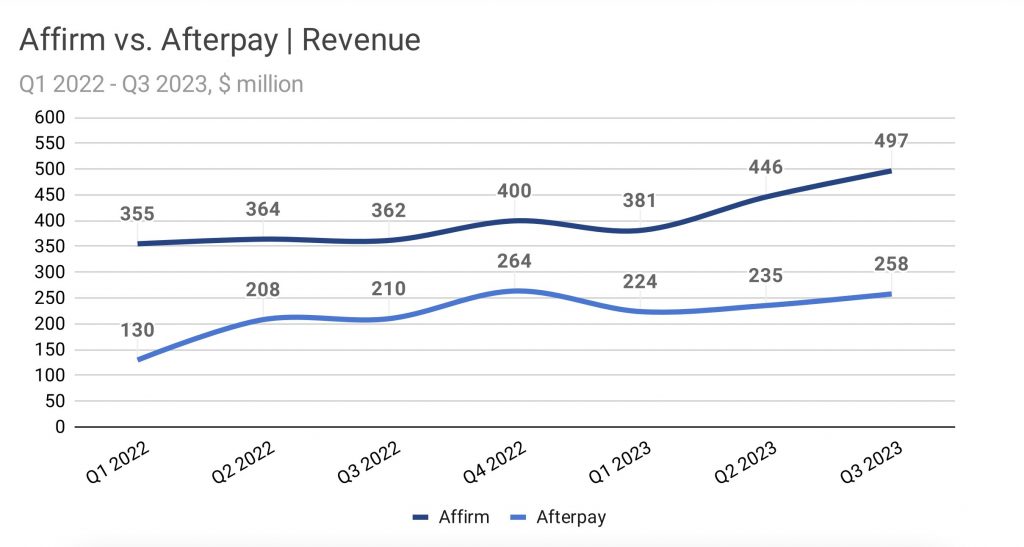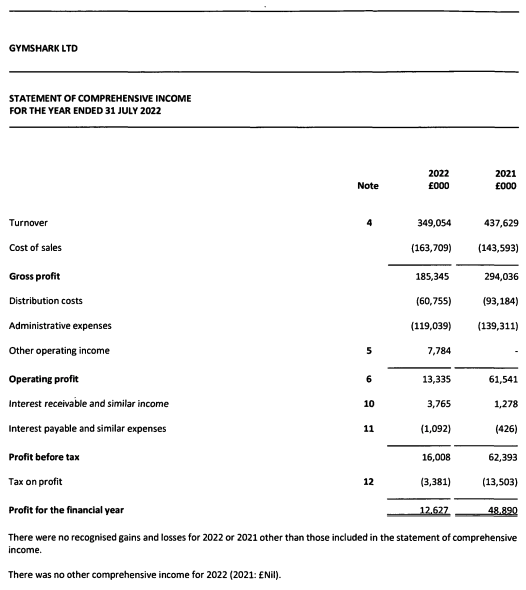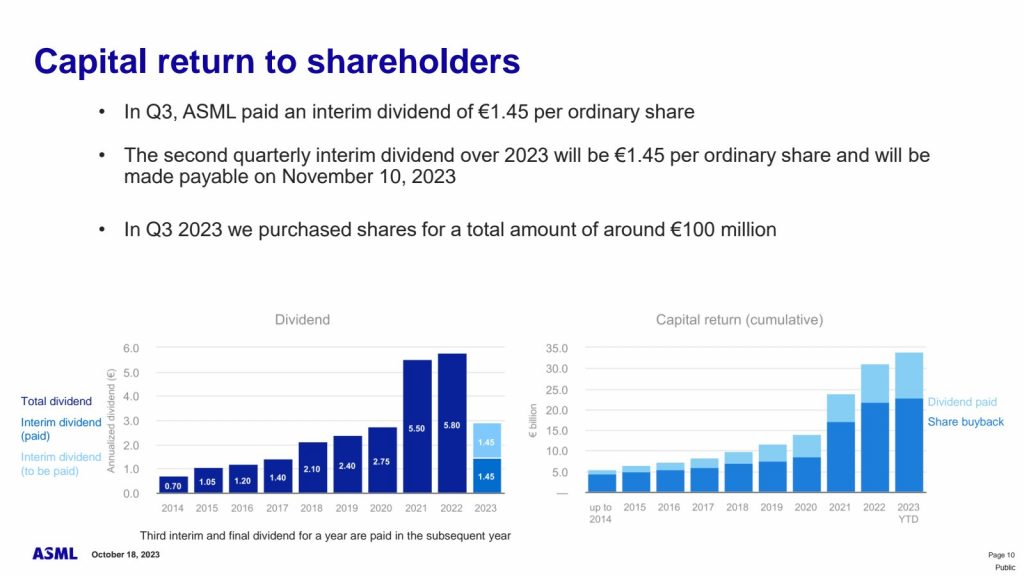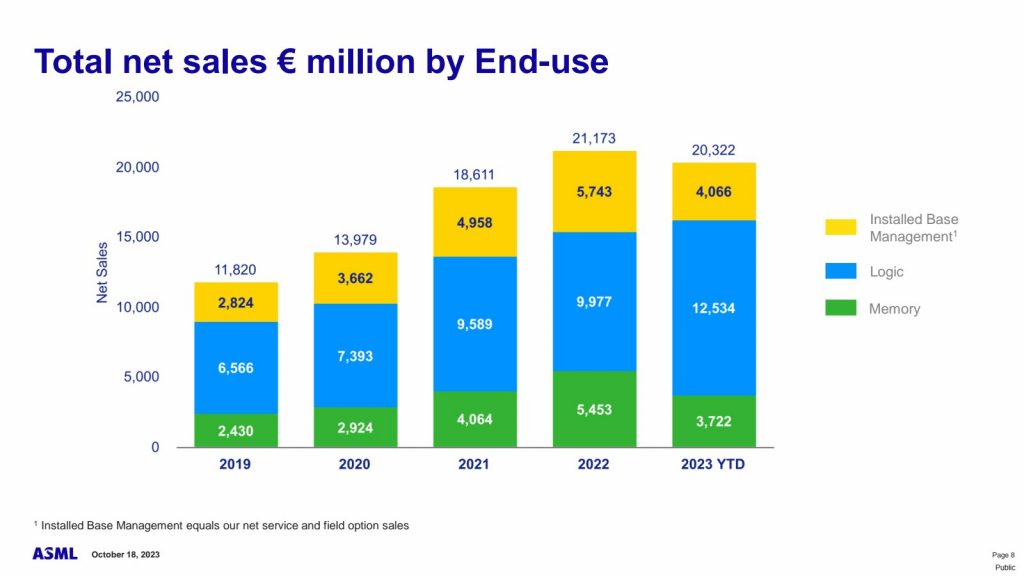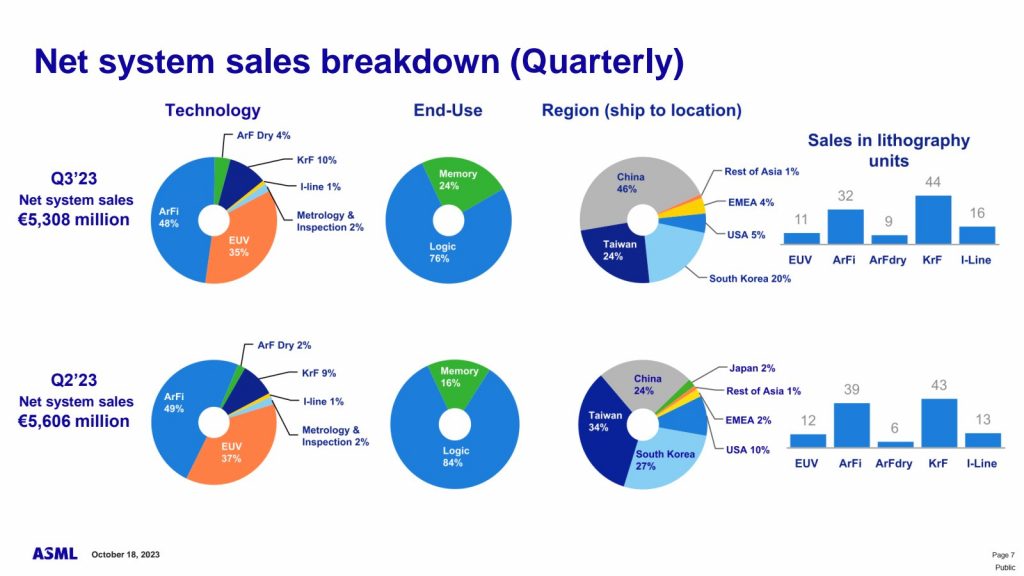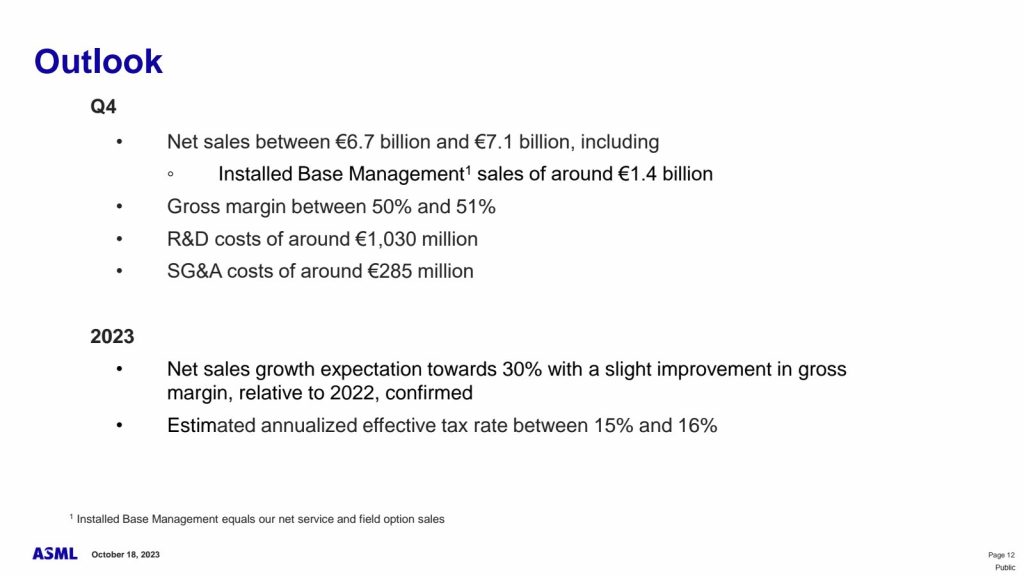Value investing is a timeless investment strategy that has been used by some of the most successful investors in history, including Warren Buffett. Value investors look for stocks that are trading below their intrinsic value, with the belief that these stocks will eventually revert to their fair market value and provide a profit for investors.
This ebook is designed to introduce new investors to the basics of value investing. It will cover the following topics:
- What is value investing?
- The history of value investing
- The principles of value investing
- How to identify undervalued stocks
- How to construct a value investing portfolio
- Common mistakes to avoid when value investing
What is Value Investing?
Value investing is an investment strategy that involves buying stocks that are trading below their intrinsic value. Intrinsic value is the true worth of a stock, based on its underlying fundamentals.
Value investors believe that the stock market is often irrational and that stock prices can fluctuate wildly, even when the underlying fundamentals of a company remain strong. This can create opportunities for value investors to buy stocks at a discount to their intrinsic value.
The History of Value Investing
The history of value investing can be traced back to Benjamin Graham, who is considered the father of value investing. Graham was a professor at Columbia University and a successful investor. He wrote a number of books on value investing, including The Intelligent Investor and Security Analysis.
Graham’s teachings were popularized by his student, Warren Buffett. Buffett is one of the most successful investors in history, and he has used value investing principles to generate billions of dollars in wealth for himself and his shareholders.
The Principles of Value Investing
The principles of value investing are simple, but they can be difficult to apply in practice. The following are some of the key principles of value investing:
- Buy stocks that are trading below their intrinsic value. This is the core principle of value investing. Value investors believe that stocks that are trading below their intrinsic value will eventually revert to their fair market value and provide a profit for investors.
- Invest for the long term. Value investing is a long-term investment strategy. It takes time for the market to recognize the true value of a stock. Value investors are willing to be patient and wait for the market to catch up.
- Have a margin of safety. A margin of safety is the difference between the intrinsic value of a stock and its current market price. Value investors want to buy stocks with a large margin of safety to reduce their downside risk.
How to Identify Undervalued Stocks
There are a number of ways to identify undervalued stocks. One common method is to look at a company’s financial statements and valuation ratios.
Value investors typically look for stocks with strong financial statements and low valuation ratios. For example, value investors may look for stocks with a low price-to-earnings ratio (P/E ratio) or a high dividend yield.
How to Construct a Value Investing Portfolio
Once you have identified a number of undervalued stocks, you need to construct a value investing portfolio. This involves diversifying your investments across a variety of sectors and industries. It also involves managing your risk by investing in a variety of stocks with different valuation ratios.
Common Mistakes to Avoid When Value Investing
There are a number of common mistakes that investors make when value investing. Some of the most common mistakes include:
- Buying stocks without understanding the underlying business. It is important to understand the business model and competitive landscape of any stock before investing.
- Investing in stocks that are too risky. Value investors should focus on investing in stocks with a large margin of safety to reduce their downside risk.
- Selling stocks too early. Value investing is a long-term investment strategy. Investors should be patient and wait for the market to recognize the true value of a stock.
Conclusion
Value investing is a time-tested investment strategy that has been used by some of the most successful investors in history. By following the principles of value investing, new investors can position themselves for long-term success.
Additional Resources
If you are interested in learning more about value investing, here are a few additional resources:
- The Intelligent Investor by Benjamin Graham
- Security Analysis by Benjamin Graham and David Dodd
- The Essays of Warren Buffett by Lawrence Cunningham
- The Little Book of Common Sense Investing by John C. Bogle
- The Bogleheads’ Guide to Investing by Taylor Larimore, Mel Lindauer, and Michael LeBoeuf
